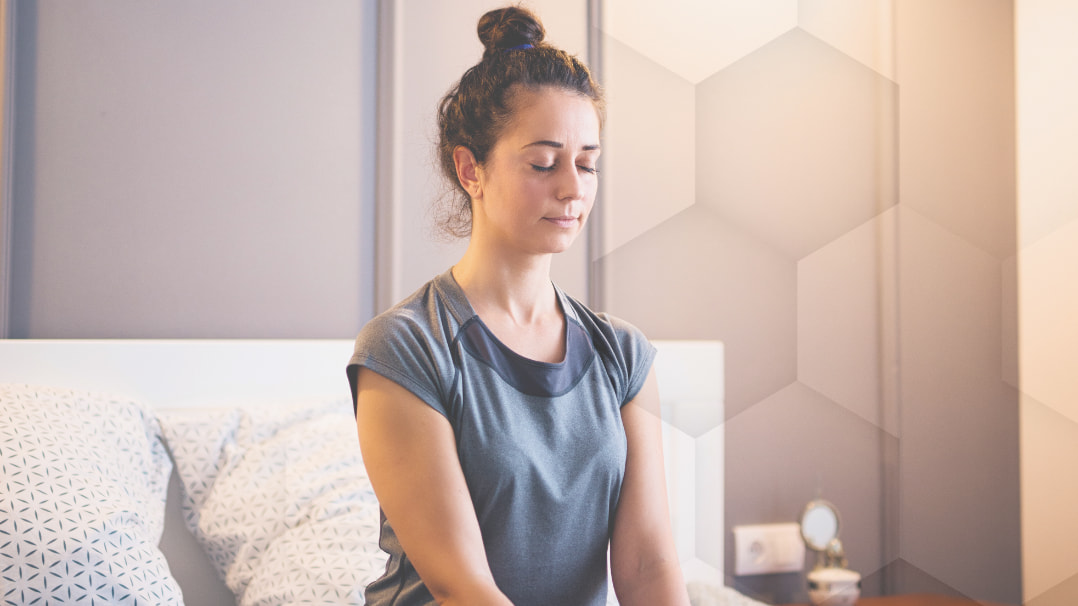A recent sleep study showed that continuous paced breathing is a simple method to improve relaxation and promote better sleep. Here’s what you need to know.

A recent sleep study showed that continuous paced breathing is a simple method to improve relaxation and promote better sleep. Here’s what you need to know.
One way we can support and optimize our sleep is through the use of sleep technology. Read on to learn of six sleep optimization tools Neurohackers can’t get enough of.
We lost an hour of sleep every night last week because of a looming project due at the end of the workweek. Over the weekend we slept in, in an effort to recoup those precious Zzzs. Is that it? Have we paid back our sleep debt with no lasting consequences to our health? Here's what science has to say.
Getting a good night’s sleep requires timing and precision of what to release, where in the brain to release it, and when to release it. In a nutshell: sleep isn’t simple. The good news is that the brain can effectively regulate all of these different factors with the right support. But in order to support the sleep process, we must first understand the neuroscience of sleep.
These science-backed sleep tips and tricks will help you wake up feeling amazing.